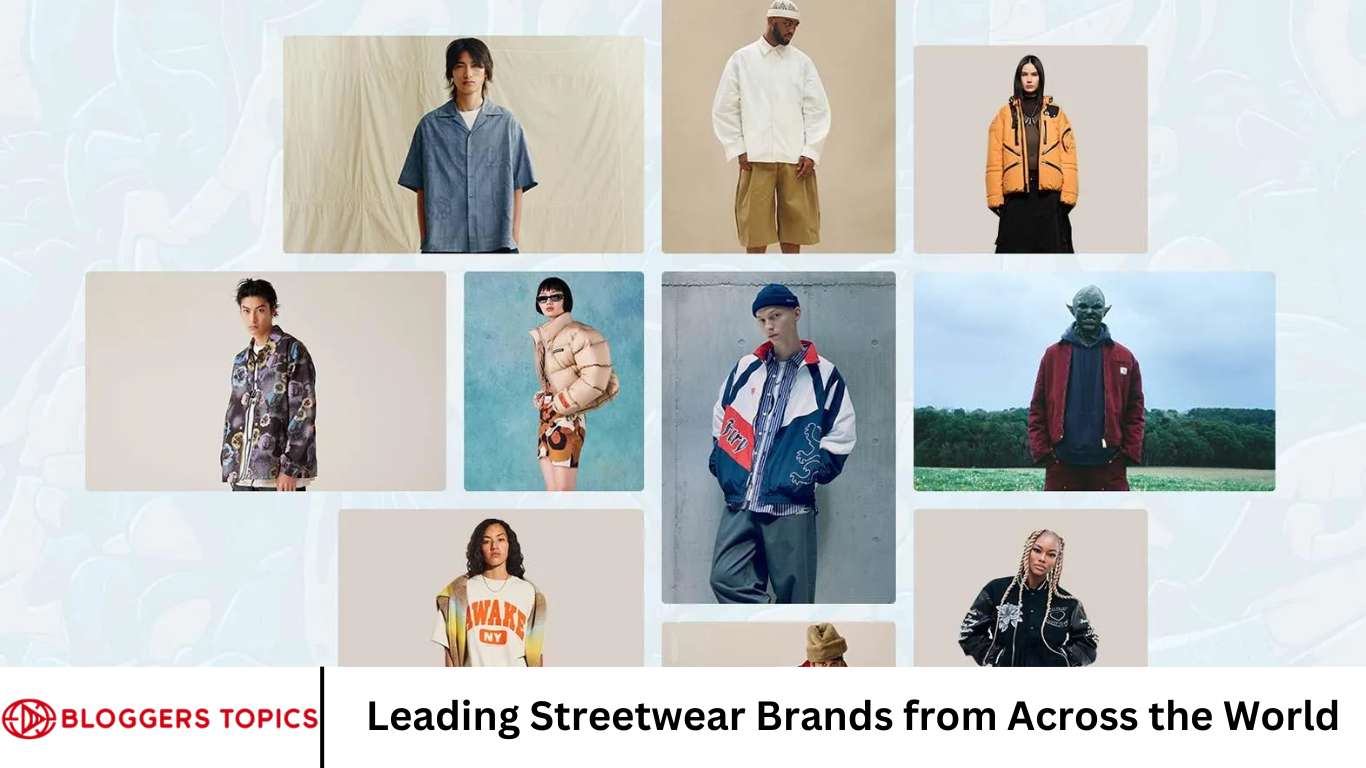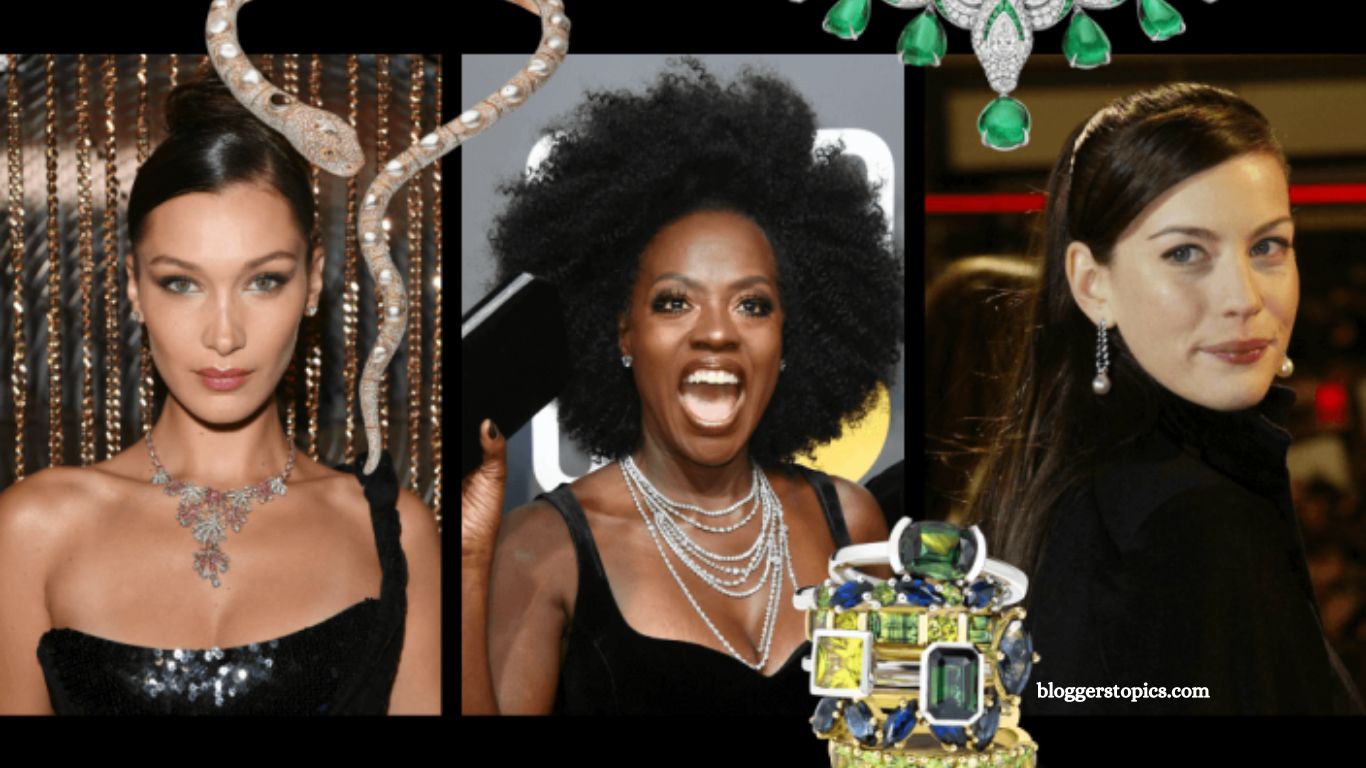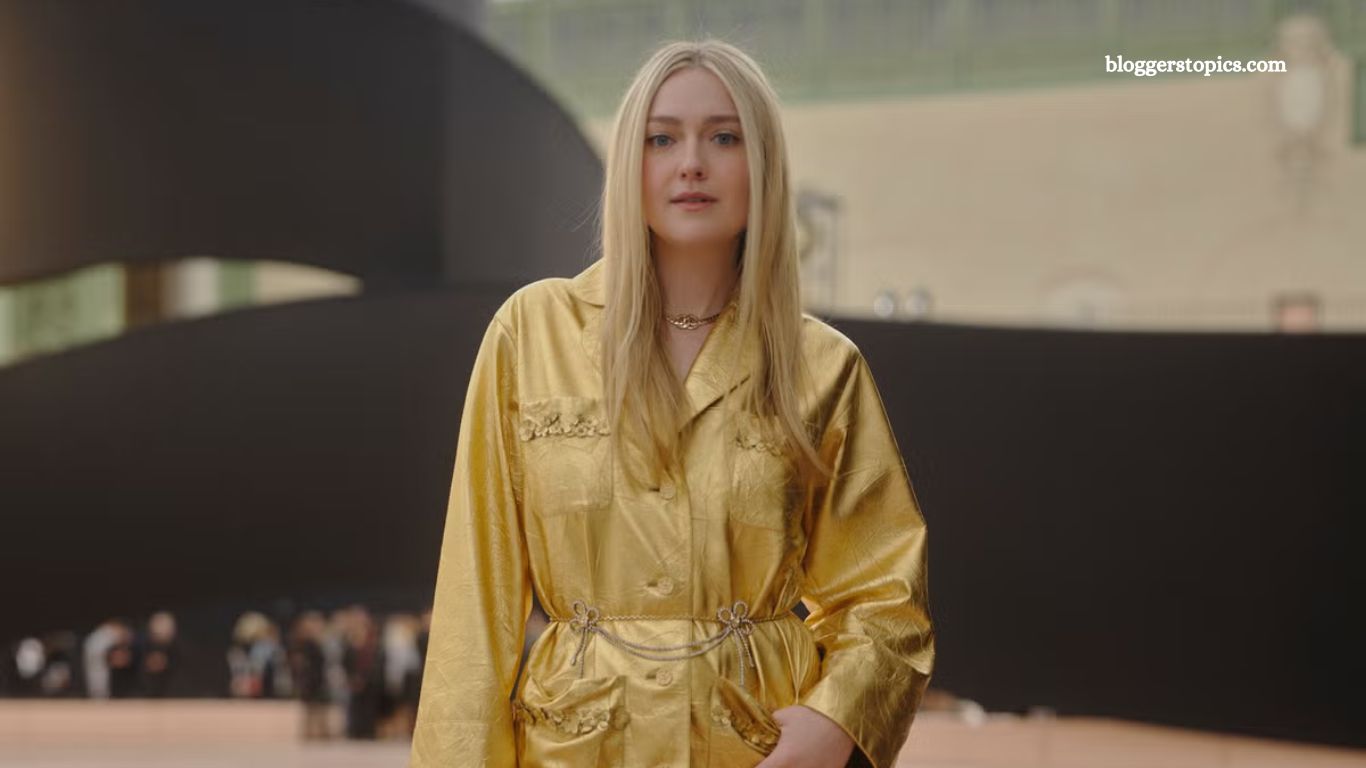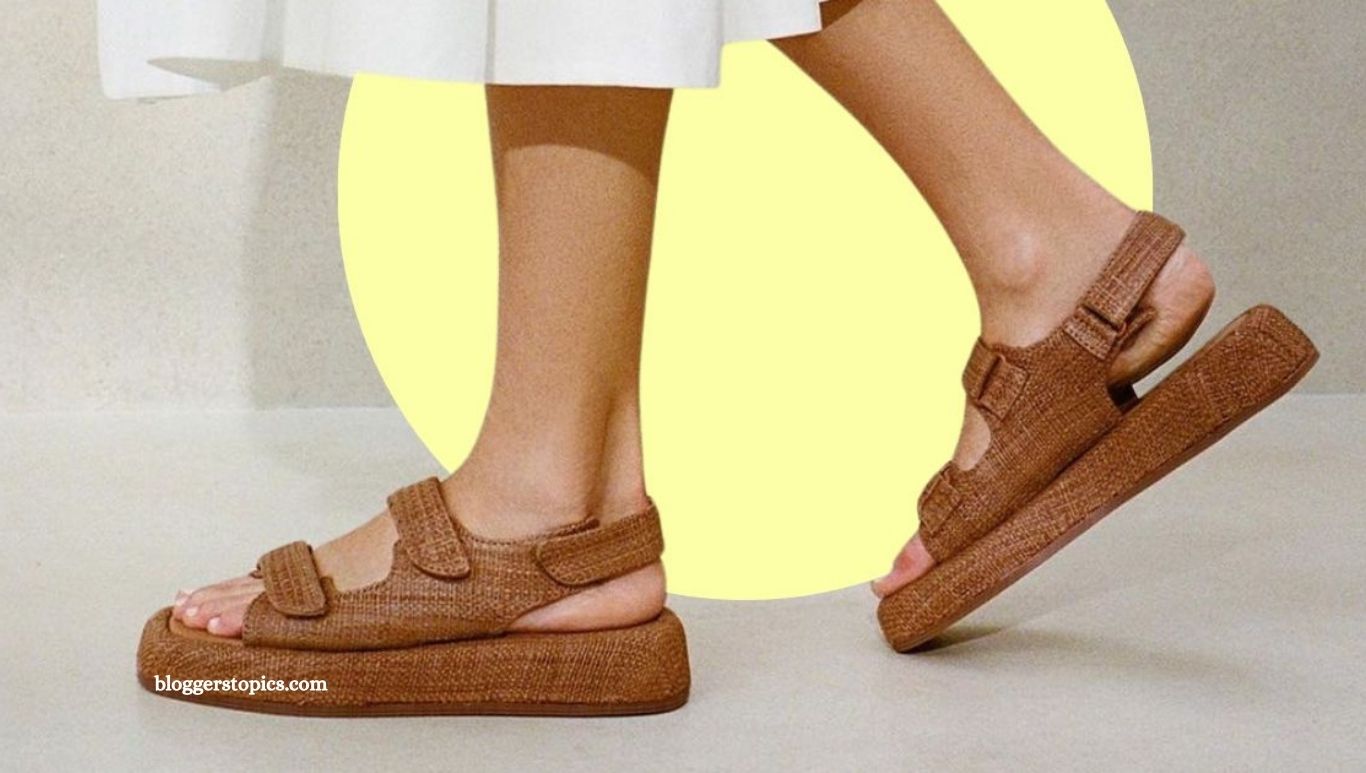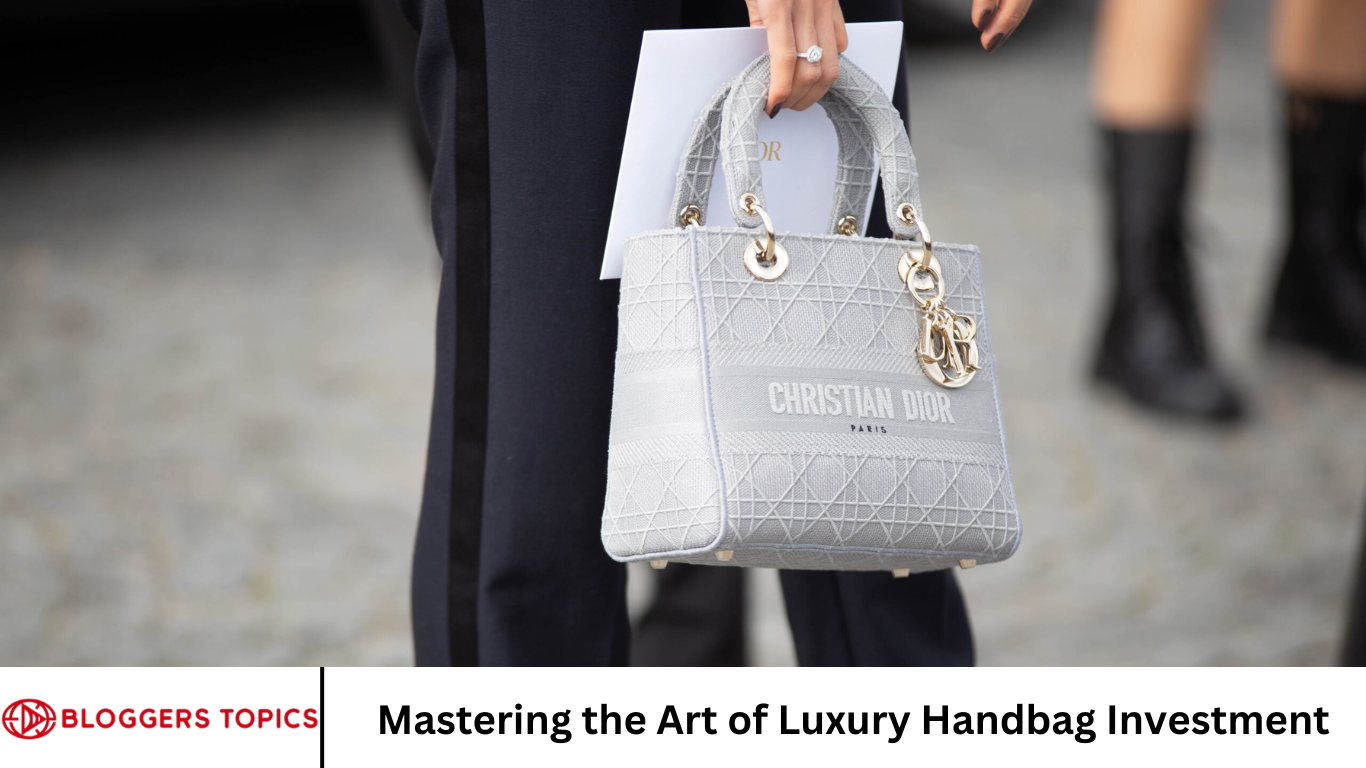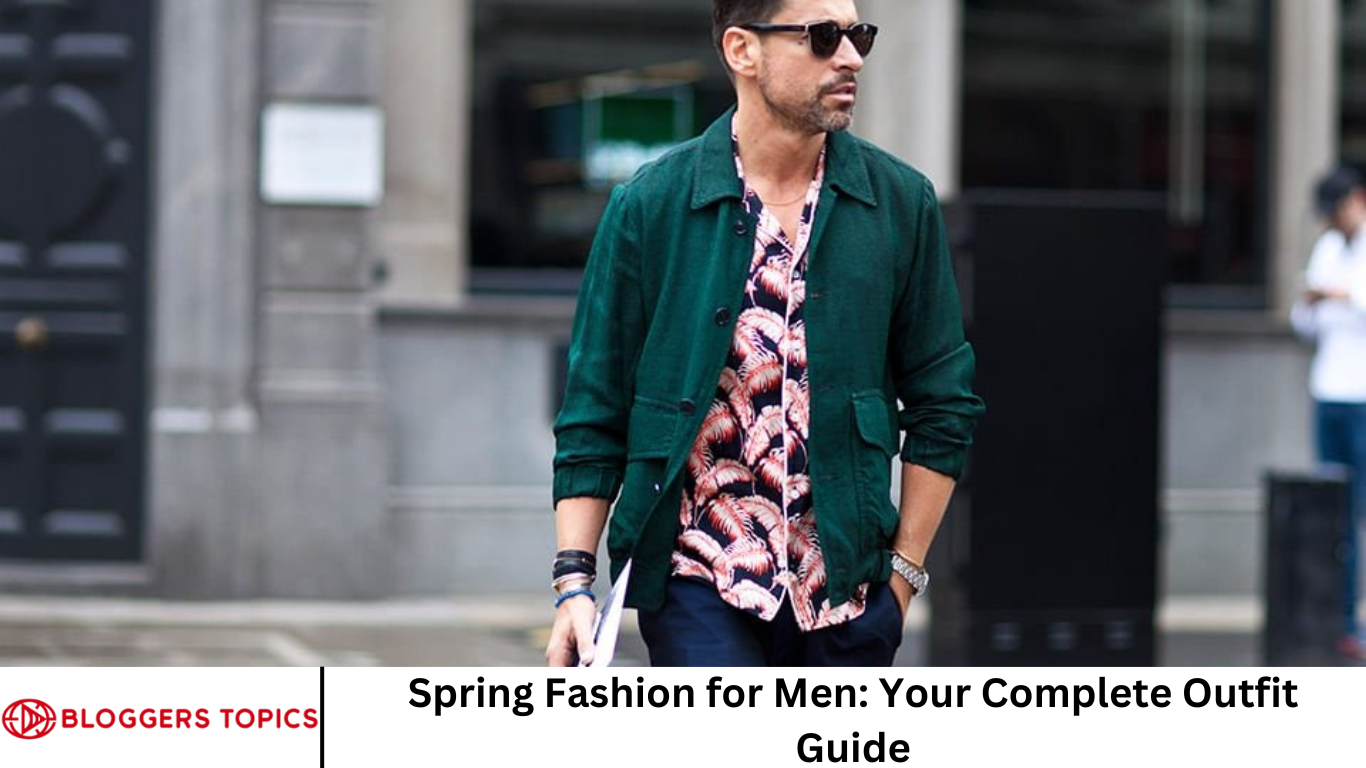Streetwear, a fashion movement born in the streets and deeply rooted in youth culture, has emerged as one of the most influential forces in the fashion industry today. It has transformed from an underground style into a global phenomenon, with iconic brands now defining the way people dress across the world. From oversized hoodies to statement sneakers, streetwear is all about comfort, individuality, and a sense of urban coolness.
Whether it’s the bold graphics of a t-shirt or the craftsmanship behind limited-edition sneakers, streetwear brands are continuously shaping trends while reflecting the evolving urban culture. We’ll explore the leading streetwear brands from around the globe, highlighting the unique aspects that make them stand out and why they remain relevant in the competitive fashion scene.
More Read: A Guide to Perfectly Blending Vintage and Modern Decor
Supreme (USA)
The Icon of Streetwear Culture
There’s no way to discuss streetwear without mentioning Supreme. Founded in New York City in 1994 by James Jebbia, Supreme started as a small skate shop that catered to the city’s growing skateboarding community. Over time, it evolved into one of the most recognizable streetwear brands in the world.
Supreme’s distinctive red and white logo, coupled with its limited-edition releases and collaborations with luxury designers, artists, and musicians, has created a massive demand for its products. The brand’s ability to blend high fashion with urban street culture has made it a coveted name in the streetwear world.
Supreme’s collaborations with global brands like Louis Vuitton, Nike, and The North Face have cemented its position at the forefront of streetwear. Supreme is more than just a brand; it’s a cultural icon that has helped to define what streetwear is today.
Off-White (Italy)
The Fusion of High Fashion and Streetwear
Off-White, founded by Virgil Abloh in 2012, has become one of the most influential streetwear brands in the world. Known for its signature use of quotation marks, zip ties, and bold graphic designs, Off-White is a luxury streetwear brand that blends high fashion with street culture. Abloh, who served as the artistic director for Louis Vuitton’s men’s wear division, has been instrumental in bringing streetwear into the high-fashion spotlight.
The brand’s aesthetic is a mix of industrial and urban influences, with a heavy focus on design elements that feel fresh yet familiar. From oversized hoodies to the brand’s iconic “AIR” Jordan collaborations, Off-White’s impact on both streetwear and luxury fashion cannot be overstated.
BAPE (Japan)
The Streetwear Giant from Japan
A Bathing Ape, or BAPE, is a Japanese streetwear brand founded in 1993 by Nigo. Known for its signature camouflage prints, ape logo, and vibrant color schemes, BAPE has become synonymous with high-end streetwear in Asia and beyond. The brand has a cult following, with limited releases of its clothing often selling out in minutes.
BAPE’s influence stretches far beyond fashion. The brand has collaborated with major players in pop culture, including stars like Pharrell Williams, Jay-Z, and Kanye West, as well as companies like Coca-Cola, Star Wars, and even the NBA. Its iconic “Shark Hoodie” and “BAPE Sta” sneakers are just a few examples of products that have become streetwear staples.
The Legacy of BAPE
BAPE has been credited with influencing the development of the streetwear scene, particularly in Japan, where it remains a major cultural force. The brand’s ability to combine luxury and streetwear aesthetics has paved the way for many other Japanese streetwear brands to rise to prominence in the global market.
Stüssy (USA)
One of the Pioneers of Streetwear
Stüssy is often regarded as one of the pioneers of streetwear. Founded in the early 1980s by Shawn Stüssy in Laguna Beach, California, the brand began as a surf and skate shop but quickly grew into a global streetwear phenomenon. The Stüssy logo, which is a stylized version of Shawn’s signature, became one of the most recognized symbols in streetwear culture.
Stüssy’s blend of skate, surf, and hip-hop influences has allowed it to remain relevant across multiple generations. The brand’s consistent use of graphic tees, bucket hats, and casual wear has given it a timeless appeal. Its collaborations with other brands and artists have solidified its status as a key player in the streetwear scene.
Palace (UK)
The British Streetwear Sensation
Founded in 2009 by Lev Tanju, Palace is a London-based streetwear brand that has quickly gained recognition for its bold graphics and skateboarding influences. Palace has become a key player in the global streetwear scene, often drawing comparisons to Supreme in terms of its popularity and influence.
The brand’s distinctive logo, known as the “Tri-Ferg,” and its irreverent attitude have made it a favorite among skateboarders and streetwear enthusiasts alike. Palace’s releases often sell out within minutes, and its collaborations with brands like Adidas and Reebok have further elevated its status in the fashion world.
Fear of God (USA)
The High-End Streetwear Brand
Founded by Jerry Lorenzo in 2013, Fear of God is a Los Angeles-based brand that has bridged the gap between luxury fashion and streetwear. Known for its minimalist yet bold designs, Fear of God blends high-end fashion aesthetics with casual streetwear vibes. The brand’s signature items, like oversized hoodies, distressed denim, and high-end sneakers, have become staples in the wardrobes of fashion-forward individuals.
Lorenzo’s ability to merge street culture with luxury has allowed Fear of God to appeal to a wide range of consumers. Celebrities like Kanye West, Justin Bieber, and Drake have been spotted wearing Fear of God, further elevating its status as a leading streetwear brand.
Vetements (France)
The Parisian Streetwear Revolution
Founded in 2014 by Demna Gvasalia, Vetements quickly became a key player in the high-fashion streetwear movement. Based in Paris, the brand’s avant-garde approach to streetwear has earned it a cult following among fashion insiders. Vetements is known for its deconstructed designs, oversized silhouettes, and use of everyday items (such as DHL t-shirts) in its collections.
Vetements’ ability to challenge traditional notions of fashion while incorporating streetwear elements has set it apart from other brands in the luxury space. Collaborations with brands like Reebok, Levi’s, and Hanes have helped bring Vetements’ unique approach to a wider audience.
The Hundreds (USA)
Los Angeles Streetwear at Its Best
The Hundreds is a streetwear brand founded in 2003 by Ben Shenassafar and Bobby Hundreds in Los Angeles. The brand’s roots are in skate and surf culture, and it has become known for its bold graphics, strong emphasis on community, and commitment to promoting creativity. The Hundreds’ iconic logo, featuring a stylized bomb, is a symbol of its rebellious and youthful spirit.
In addition to its clothing line, The Hundreds also runs a popular blog and has developed a strong online community. The brand’s commitment to storytelling and community engagement has helped it build a loyal following over the years.
Anti Social Social Club (USA)
The Brand That Defines Cool Rebellion
Founded in 2015 by Neek Lurk, Anti Social Social Club (ASSC) is a Los Angeles-based streetwear brand that has garnered a cult following due to its rebellious, anti-establishment messaging and distinctive designs. Known for its bold graphics and cheeky phrases, Anti Social Social Club has become synonymous with the underground streetwear culture.
The brand’s minimalist approach to design, combined with its humorous and often ironic branding, has made it a favorite among young people looking for a way to express their individuality. Despite the relatively short time it’s been around, Anti Social Social Club has made a huge impact on streetwear culture, with its products selling out in seconds during every release.
HUF (USA)
A Streetwear Brand with Skate Roots
HUF was founded in 2002 by professional skateboarder Keith Hufnagel in San Francisco. Drawing heavily from skate culture, HUF has become a mainstay in the streetwear scene, known for its mix of casual street style with skate-inspired aesthetics. The brand’s collaborations with Nike, Thrasher, and even Playboy have allowed it to expand its reach beyond the skateboarding community and into mainstream fashion.
HUF’s signature items, such as its socks, sneakers, and hats, have made it a favorite among streetwear enthusiasts who appreciate quality and comfort. With a focus on high-quality materials and durable designs, HUF continues to be a trusted brand within the streetwear community.
Frequently Asked Question
What makes a streetwear brand successful?
Successful streetwear brands often combine cultural relevance, exclusivity, and strong community engagement. They tap into urban youth culture, blending style with comfort and individuality. Collaborations with artists, musicians, and other brands also contribute to a brand’s success. Key elements include limited-edition releases, distinct logos, and the ability to continuously innovate while staying true to their roots.
What is the history behind streetwear?
Streetwear originated in the late 1970s and 1980s in cities like New York, Los Angeles, and Tokyo. It drew influences from skateboarding, hip-hop, punk rock, and surf culture. Initially a subculture, it has since grown into a global fashion movement, with brands like Supreme, Stüssy, and BAPE leading the way. Streetwear’s rise in popularity can be attributed to its embrace of youth culture and its connection to urban identity.
How did Supreme become so popular?
Supreme’s popularity stems from its unique approach to exclusivity and collaborations. By releasing limited-edition products and collaborating with luxury brands (like Louis Vuitton) and artists, Supreme created a sense of scarcity that drove demand. The brand’s bold designs and the cultural cachet associated with wearing Supreme also helped it become a staple in streetwear fashion.
Which streetwear brand is the most expensive?
While several streetwear brands can be quite pricey, Off-White is often regarded as one of the most expensive streetwear brands. Founded by Virgil Abloh, Off-White mixes luxury with streetwear, often featuring high-end materials and designs. Its collaborations with brands like Nike, Louis Vuitton, and others elevate its price point, making its pieces highly coveted in the fashion world.
What are the key features of a streetwear wardrobe?
A typical streetwear wardrobe includes comfortable yet stylish pieces such as oversized hoodies, graphic t-shirts, cargo pants, sneakers, and accessories like snapback caps and backpacks. Streetwear is known for bold logos, graphic designs, and the use of high-quality materials. The goal is to balance style with comfort while expressing personal identity.
How do streetwear brands influence mainstream fashion?
Streetwear brands have blurred the lines between high fashion and casual wear, influencing even luxury brands like Balenciaga and Gucci. Streetwear’s emphasis on bold, casual pieces has become mainstream, with many high-end designers adopting streetwear elements like oversized fits, sneakers, and graphic tees. Collaborations between streetwear brands and luxury labels have further cemented streetwear’s place in global fashion.
What are some of the most iconic streetwear brands from around the world?
Some of the most iconic streetwear brands include:
- Supreme (USA) – Known for its bold logo and limited-edition drops.
- BAPE (Japan) – Famous for its camouflage designs and collaborations.
- Off-White (Italy) – A luxury streetwear brand blending high fashion with street style.
- Stüssy (USA) – A pioneer of the streetwear movement.
- Palace (UK) – A London-based skate brand with a cult following.
- Fear of God (USA) – A high-end streetwear label offering minimalist designs.
Conclusion
Streetwear brands have grown far beyond their humble beginnings in the streets of major cities. From New York to Tokyo, Paris to Los Angeles, these leading brands have become the epitome of modern fashion, blending comfort with creativity and urban culture with high-end luxury. The ongoing evolution of streetwear speaks to its universal appeal and the way it reflects the attitudes, aspirations, and influences of youth culture worldwide. Whether you’re a sneakerhead, a skateboarder, or simply someone looking to express your personal style, these brands represent the cutting edge of streetwear and its ever-growing impact on the fashion industry.

